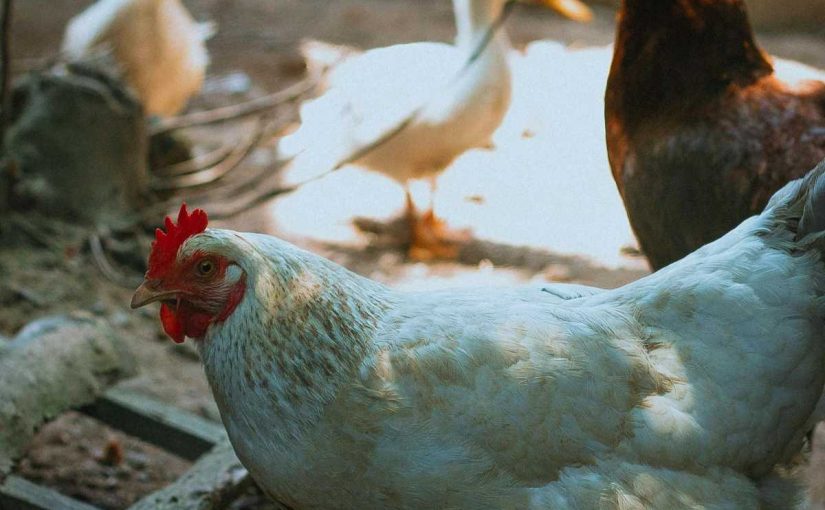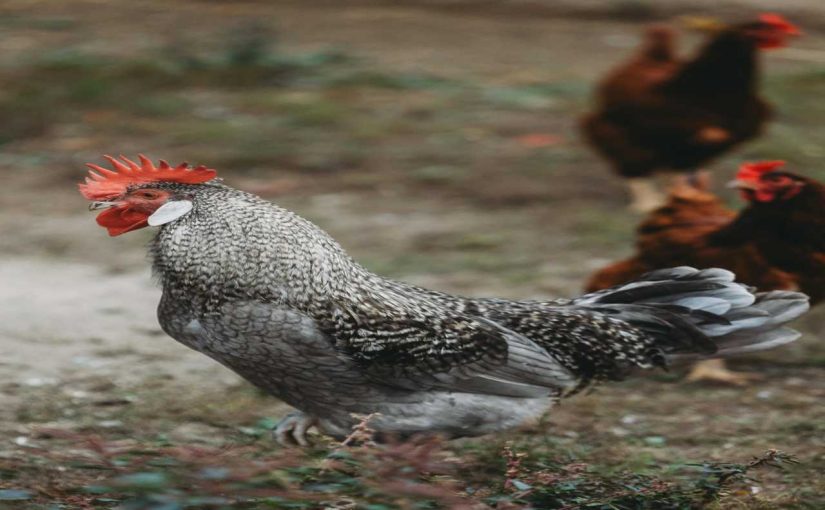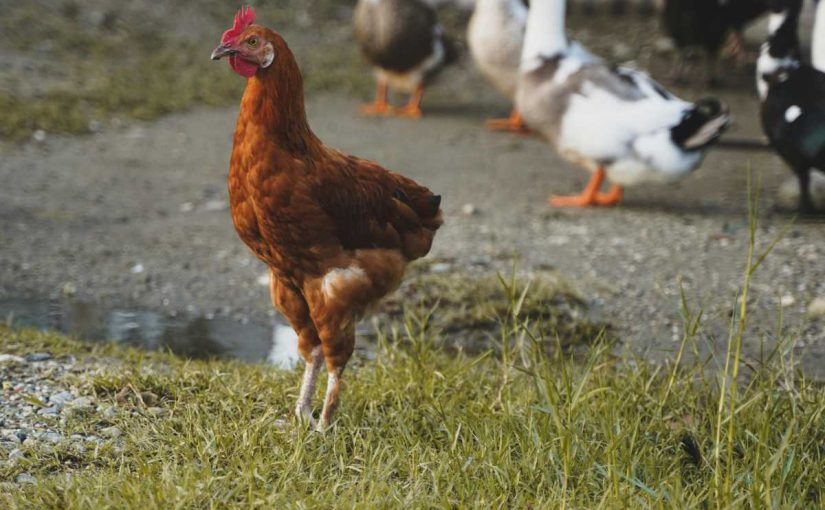Chicken mites and lice can be a nuisance for your flock, causing discomfort and stress to your birds. While there are various commercial treatments available, many chicken keepers prefer natural remedies that are gentle on the chickens and the environment. Here are six effective natural remedies to help you combat chicken mites and lice.
1. Diatomaceous Earth (DE)
What It Is:
Diatomaceous Earth is a fine powder made from the fossilized remains of tiny aquatic organisms called diatoms.
How It Works:
When applied to your chickens and their living environment, DE works by physically damaging the exoskeletons of mites and lice, leading to dehydration and death.
How to Use:
- Application: Dust your chickens lightly with food-grade diatomaceous earth, focusing on areas where mites and lice tend to hide, such as under the wings and around the vent.
- Bedding: Sprinkle DE in the bedding of your coop to help eliminate pests in the environment. Be sure to replace the bedding regularly for maximum effectiveness.
2. Neem Oil
What It Is:
Neem oil is derived from the seeds of the neem tree and has natural insecticidal properties.
How It Works:
Neem oil disrupts the life cycle of mites and lice by affecting their hormonal systems, preventing them from reproducing.
How to Use:
- Dilution: Mix neem oil with a carrier oil (like coconut oil) in a spray bottle, using a ratio of about 1:10 (one part neem oil to ten parts carrier oil).
- Application: Spray the diluted neem oil directly on the chickens, making sure to coat their feathers well. Repeat every few days until the infestation is gone.

3. Essential Oils
What They Are:
Certain essential oils, such as lavender, tea tree, and eucalyptus, possess natural insect-repelling properties.
How They Work:
These oils can deter mites and lice and may also provide soothing effects to your chickens.
How to Use:
- Dilution: Mix a few drops of essential oil with water in a spray bottle. A good ratio is 10 drops of essential oil to 1 cup of water.
- Application: Spray the mixture on your chickens and in their coop. Avoid over-saturating to prevent irritation.
4. Apple Cider Vinegar (ACV)

What It Is:
Apple cider vinegar is a fermented liquid made from crushed apples, and it has numerous health benefits.
How It Works:
ACV can help improve your chickens’ overall health, making them less susceptible to infestations. It may also create an environment that is unfavorable for mites and lice.
How to Use:
- Drinking Water: Add 1 tablespoon of apple cider vinegar to 1 gallon of drinking water. Ensure your chickens have access to this mixture regularly.
- Direct Application: You can also dilute ACV with water (50:50) and apply it directly to the chickens’ feathers, particularly around the vent and under the wings.
5. Garlic
What It Is:
Garlic is a natural herb known for its medicinal properties and pest-repelling abilities.
How It Works:
Garlic contains sulfur compounds that can deter mites and lice, and it also boosts your chickens’ immune systems.
How to Use:
- Garlic Water: Crush a few cloves of garlic and steep them in water overnight. Strain the liquid and mix it into your chickens’ drinking water.
- Garlic Powder: You can also sprinkle garlic powder in the feed, which can help create a protective effect against parasites.
6. Herbal Sprays
What They Are:
Herbal sprays can be made from a combination of natural ingredients known for their insect-repelling properties.
How They Work:
By using a blend of herbs, you can create a spray that is not only effective against mites and lice but also safe for your chickens.
How to Use:
- Recipe: Boil 2 cups of water and add a mix of dried herbs such as rosemary, thyme, and peppermint. Let the mixture steep until cool, then strain and transfer it to a spray bottle.
- Application: Spray the herbal mixture on your chickens, focusing on areas where mites and lice are likely to hide.
Conclusion
Dealing with chicken mites and lice can be a challenge, but using natural remedies can help you maintain a healthy flock without the use of harsh chemicals. Diatomaceous earth, neem oil, essential oils, apple cider vinegar, garlic, and herbal sprays are all effective solutions that promote the well-being of your chickens. Remember to monitor your flock regularly and combine these remedies with good husbandry practices, such as regular cleaning of the coop, to prevent infestations in the future. If the infestation persists or worsens, consult a veterinarian for further advice.
4o mini



